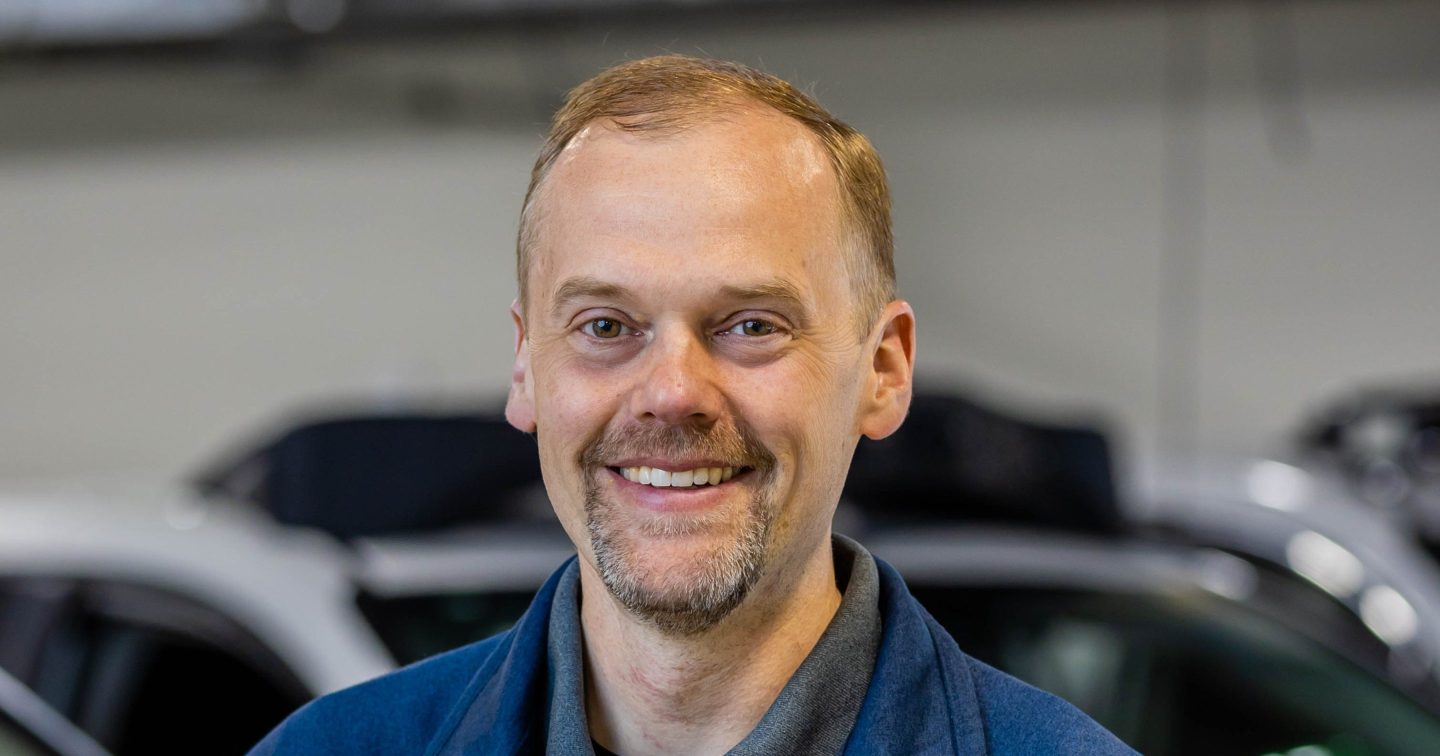The tech establishment has long believed that the AI companies with access to the deepest pockets would be able to collect the most data, train the biggest models, and ultimately prevail. But Wall Street and Sand Hill Road were recently caught off guard by the sudden rise of DeepSeek, a lean, open-source AI competitor based in China. DeepSeek’s model rivals the performance of OpenAI’s o1 model—reportedly doing so with just a fraction of the spend by leveraging a few key technical ideas.
Whether or not DeepSeek’s claims ultimately hold up, this latest technology disruption makes one thing clear: The industry’s fixation on scale and spend as hallmarks of innovation and value creation requires recalibration.
And it’s not just AI—autonomous vehicle development has been shaped by the same flawed assumption: that spending billions pre-commercialization is a prerequisite for success. That belief has led companies to pour eye-watering sums into the race for autonomy—Alphabet’s Waymo, for example, has reportedly raised tens of billions. Argo AI raised $3.6 billion from the likes of Ford and VW before closing shop, and in December GM suddenly shut down Cruise after it consumed an estimated $15 billion over its life.
In short, the AV industry has consistently prioritized scaling up data collection, headcount, and infrastructure over the development of smarter, more efficient approaches.
Outsmarting, not outspending
Why has building an AV company historically been so mind-bogglingly expensive? The classical approach to autonomous systems relies on building and training massive models in the data center that catalog every situation in every permutation that a vehicle might encounter, through a combination of real-world data collection and synthetic dataset generation. While the “collect all the data” strategy has worked in some domains (like image classification and language translation), driving is far too complex to ingest every bit of data in advance. And it defies common sense to say that an AI-powered autonomous vehicle needs to experience millions of miles to learn how to drive: Humans learn to drive over a few hours of instruction.
That’s because humans drive differently than most AVs: We don’t rely exclusively on prior experience—we have the ability to reason through new and unusual situations. That’s also exactly how May Mobility approaches driving. We combine the typical AV feed-forward network with a reasoning capability that lives in the vehicle itself. This advancement allows our vehicles to safely handle new situations dynamically on the road without the escalating costs required to train and build ever-larger models.
Just a few months ago, AI companies competed on the size of their large language models (LLMs) and their training data. Their models could then answer questions about well-trod topics. But if you asked them to do something outside their training set, they would hallucinate or respond with nonsense. Now, the industry is moving toward models with reasoning capabilities on top of feed-forward networks—because that’s what actually allows them to handle unexpected situations.
Autonomous vehicle systems can benefit from a similar approach: moving away from brute-force data collection and ever-larger models toward reasoning-driven models that can adapt dynamically and safely on the road.
Spending alone isn’t a business model
For years, the assumption in tech has been simple: that spending is a moat, and profitability will follow. But if that were true, Argo AI and Cruise would still be on the road. Even Waymo, despite its extraordinary resources and progress, has yet to achieve long-term financial sustainability. The reality is that every successful company must make more money than it spends—yet the endless pursuit of bigger models is putting that outcome in doubt for most.
At May Mobility, we believe a leaner approach can work in the AV industry. Rather than growing at any cost, we’ve intentionally kept our burn rate low and focused on generating transportation-related revenue today. By prioritizing efficiency, we’ve been able to achieve positive margins without relying on billions in capital infusions.
Investment doesn’t always equal impact
The emergence of DeepSeek in AI, along with the struggles of capital-intensive AV companies like Argo and Cruise, raises a crucial question for the tech community: Should we keep pouring billions into traditional, inefficient approaches or should we seek out smarter, leaner models that prioritize building a self-sustaining business from the start?
The opinions expressed in Coins2Day.com commentary pieces are solely the views of their authors and do not necessarily reflect the opinions and beliefs of Coins2Day .
Read more:
- IBM CEO: DeepSeek proved us right—AI is not about big, proprietary systems
- Waymo co-CEO says U.S. Could lead globally on autonomous driving with a national standard under Trump
- A Waymo passenger filmed his self-driving cab losing control and driving in circles endlessly
- Trump’s new campaign pledge on autonomous EVs is good for Musk and Waymo, bad for China












